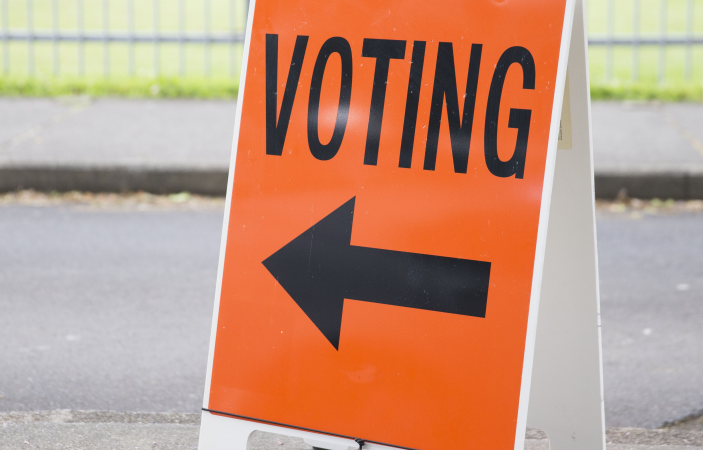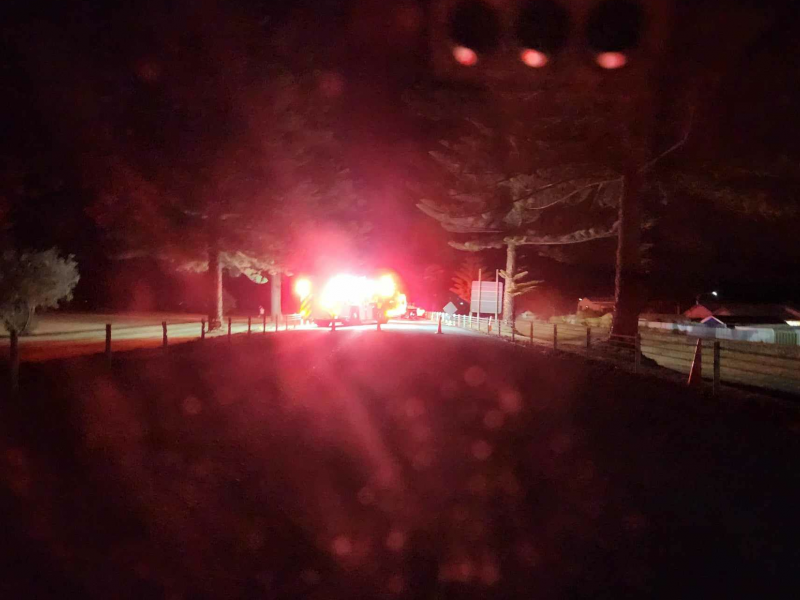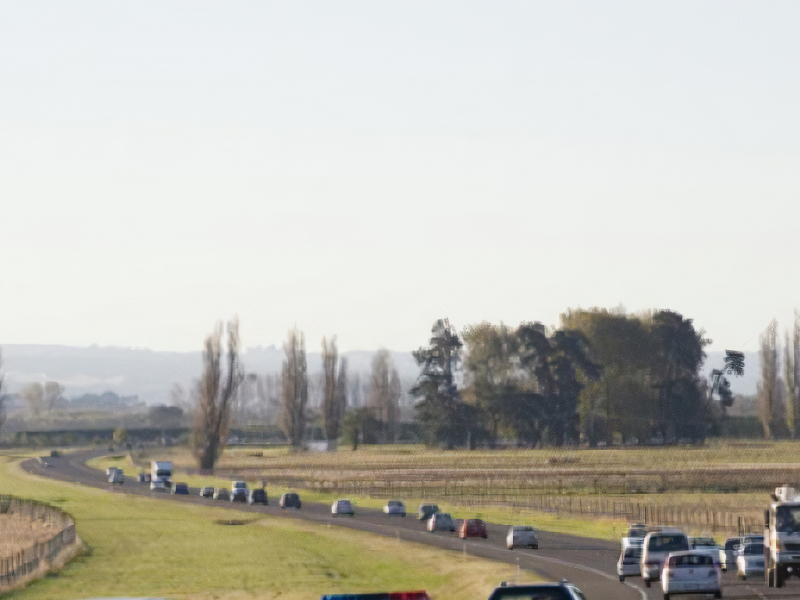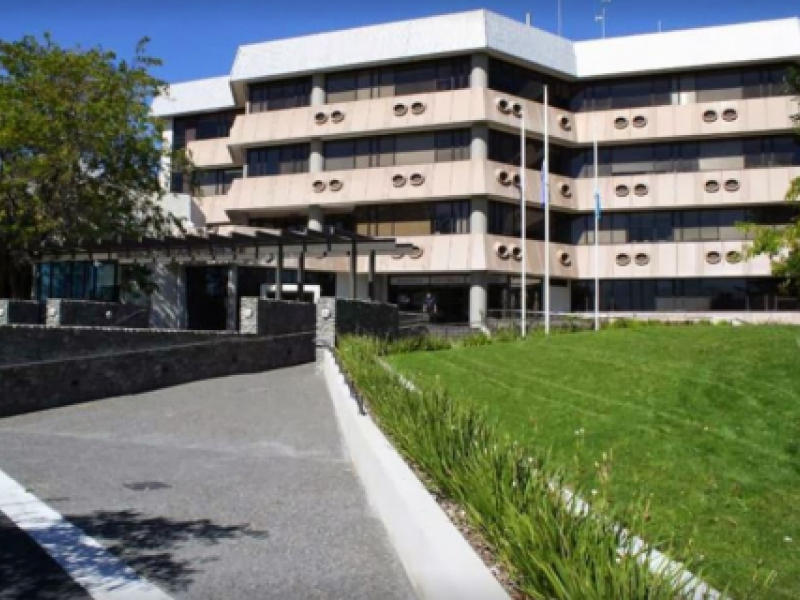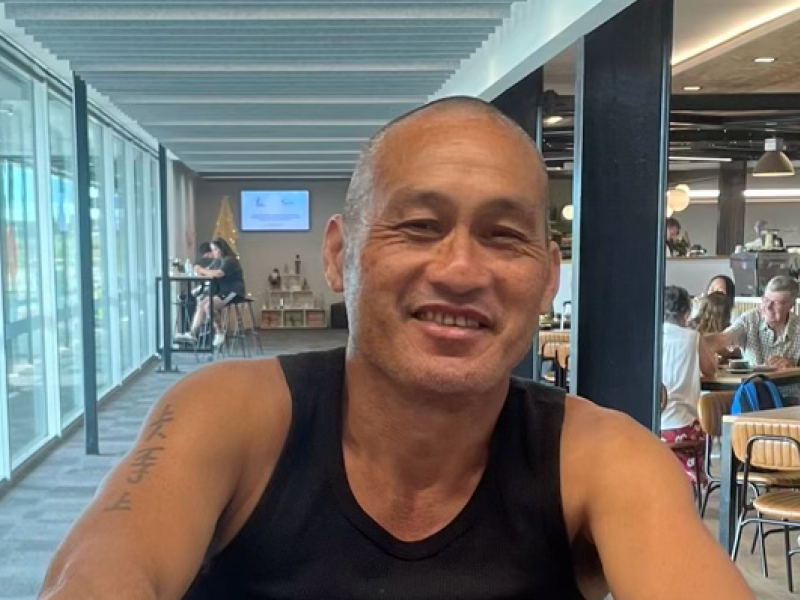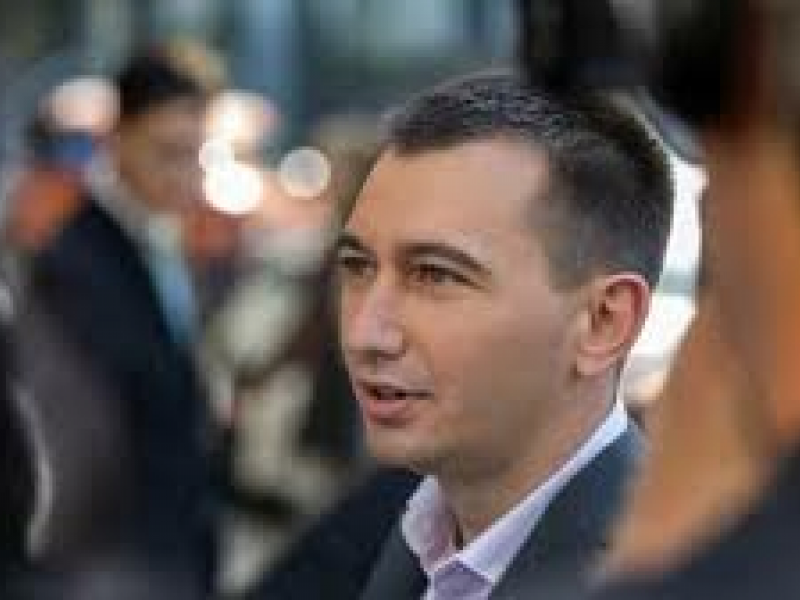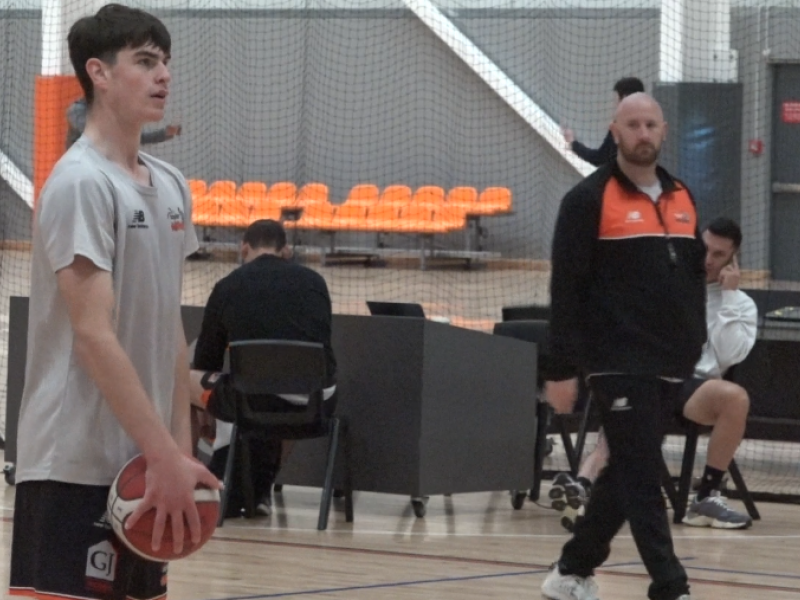Fear contributing to low number of candidates standing in local body elections
Low numbers of candidates in this year’s local body elections can be attributed to a growing sense of fear, says a leading politics professor.
While nominations closed at midday, the makeup of each council has largely been decided before voting even starts.
Professor Richard Shaw, of Massey University, says a challenging political environment, with people of authority increasingly becoming the subject of online attacks, has created a sense of fear amongst would-be candidates.
“Fear is the new element that we need to grapple with in this country, particularly this year. I think there is fear of the repercussions for people and their families if they put themselves forward for nomination for instance.
“The political atmosphere is really challenging at the moment, and I think there'll be a number of people who just don't want to put themselves forward because they know that if they take a position on Māori representation or Three Waters or whatever, they are highly likely to become the target of an orchestrated wave of online abuse.”
Those more likely to become the subject of abuse are “young people, non-pakeha people and women”.
“It is a real issue I think when there are few or no people prepared to put themselves forward for local authority elections because there will be councils which quite literally have vacant seats around tables and that can only, I think, have corrosive or negative effects upon the sense that people have of being part of a local political community.
“It will reduce the diversity of voices that are heard around council tables. It will mean that some voices become dominant simply by virtue of the fact that there are no competing or contesting voices and the contest of ideas is a really crucial element of a functional democracy.
“If you’re not having that, if you’re having fewer voices and more of those voices look the same, that’s not healthy either.”
Of the 26 wards across the Wairoa, Hastings District, Napier, Central Hawke's Bay District and Tararua councils, and Hawke's Bay Regional Council, 20 had more candidates than vacancies.
Incumbent mayors Sandra Hazlehurst, of Hastings District Council, and Alex Walker, of Central Hawke’s Bay District Council, were both re-elected unopposed.
In Hastings, there will also be no election for the Mōhaka ward, or the Heretaunga ward, for which current deputy mayor Tania Kerr, and councillors Alwyn Corban and Ann Redstone were re-elected unopposed, respectively.
Four sitting Councillors in Central Hawke’s Bay; Kate Taylor, Tim Aitken, Jerry Greer and Brent Muggeridge, were also re-elected unopposed in the Aramoana/Ruahine ward.
Of the four vacancies for the district’s Ruataniwha Ward, four of the five candidates were incumbent councillors.
Just four of the seven constituencies of Hawke’s Bay Regional Council will be contested. Incumbent councillors Will Foley (Tamatea-Central Hawke's Bay General Constituency) and Jerf van Beek Ngaruroro General Constituency) were elected unopposed. Thompson Hokianga was also elected for the Māui ki te Tonga Māori Constituency.
Shaw’s comments to Hawke’s Bay App follow an eleventh-hour “SOS for local democracy” by Local Government New Zealand this week.
The last election saw the lowest number of nominations in relation to available seats since LGNZ began collecting data.
“Competition for seats is a sign of a healthy democracy. In 2019 there were over 1600 seats to fill across councils, community boards and local boards and on average we saw two candidates for every vacant seat,” says LGNZ President Stuart Cosby.

